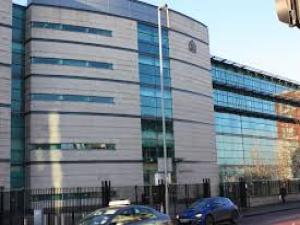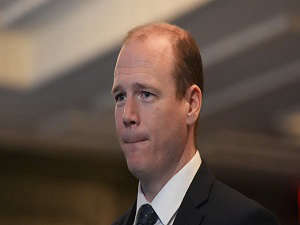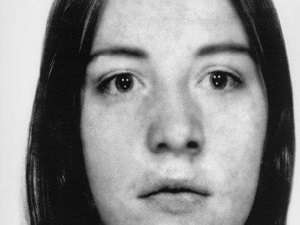
Two police officers who a judge said gave inconsistent, contradictory and unconvincing evidence to an inquest are to be reported to prosecutors.
Mr Justice Horner said there was a basis for concluding the officers, known only as M and Q, may have perverted the course of justice and committed perjury while providing testimony at the inquest for IRA man Pearse Jordan.
Although he was not duty bound to report the matter, the judge told Belfast High Court he intended to exercise his discretion.
Judge Horner said: "I do not consider that I am bound to report Officers M and Q to the Director (of prosecutions).
"However, in the present case I intend to exercise my discretion and report Officers M and Q to the Director because I consider that their behaviour sought to conceal the role played by DP2 in the events of November 25, 1992.
"This attempted concealment could have seriously impacted on this hearing."
The judge rejected an application to lift the anonymity order preventing either officer being named.
Twenty-two-year-old Mr Jordan was shot dead by a Royal Ulster Constabulary (RUC) officer in west Belfast in 1992.
He had been driving a stolen car suspected of ferrying IRA munitions when the fatal incident unfolded. He failed to stop when ordered by police and sped away from a patrol car.
The Ford Orion was finally brought to a halt on the Falls Road when police rammed the vehicle. Mr Jordan was shot after getting out of the car when he tried to run away.
Earlier this month, Justice Horner delivered findings in what was the third inquest into the highly contentious death.
The coroner said he was not convinced either by family claims Mr Jordan was gunned down in cold blood or by police insistence the RUC sergeant acted in self-defence.
Testimony from Officers M and Q, who were not directly involved in the shooting, was singled out for specific criticism.
The judge concluded that one or both of the officers had edited the original logbook and that they had been untruthful when asked about the identity of the driver of the stolen car.
Following the judgment, lawyers for the Jordan family called for M and Q, to be investigated for allegedly perverting the course of justice and perjury.
They also requested both officers be identified.
During hearings earlier this month Karen Quinlivan QC representing the next of kin, argued that the judge should report the matter because of the seriousness of the alleged offences.
Reporting less serious or "summary" offences to the DPP would be "futile" because of the lack of evidence, the lawyer said.
Meanwhile, the court was told the grant of anonymity to officers M and Q was made on the basis of an objectively verified risk to life.
The threat to officer M was assessed as moderate, namely that an attack is possible but not likely, but that in the event an appearance at the inquest without anonymity and screening the threat was likely to rise.
The threat to officer Q was deemed to be low but could rise to moderate or beyond if identified through court proceedings.
The judge said the measure was "necessary and proportionate" given the risk to life.
The investigation into Mr Jordan's shooting has been beset by controversy and delay.
In 2014, his family were awarded compensation for the lengthy hold-ups in concluding an inquest.
An original inquest was adjourned in 1995 after being only part heard. Another probe was held in 2012, but the jury failed to reach consensus on a number of crucial issues - including whether the RUC used reasonable force.
Those findings were later quashed after the High Court identified a number of failings in how the probe was run.
In his findings, Justice Horner said it was impossible to determine with certainty what happened.


 Kneecap announce new song ahead of headline performance at London’s Wide Awake
Kneecap announce new song ahead of headline performance at London’s Wide Awake
 Gordon Lyons to attend first GAA match as Stormont Communities Minister
Gordon Lyons to attend first GAA match as Stormont Communities Minister
 Fresh appeal over 1973 murder of 18-year-old whose body was found in quarry
Fresh appeal over 1973 murder of 18-year-old whose body was found in quarry
 Kneecap say terror charge is ‘carnival of distraction’ and ‘political policing’
Kneecap say terror charge is ‘carnival of distraction’ and ‘political policing’
 Woman assaulted while jogging in West Belfast
Woman assaulted while jogging in West Belfast